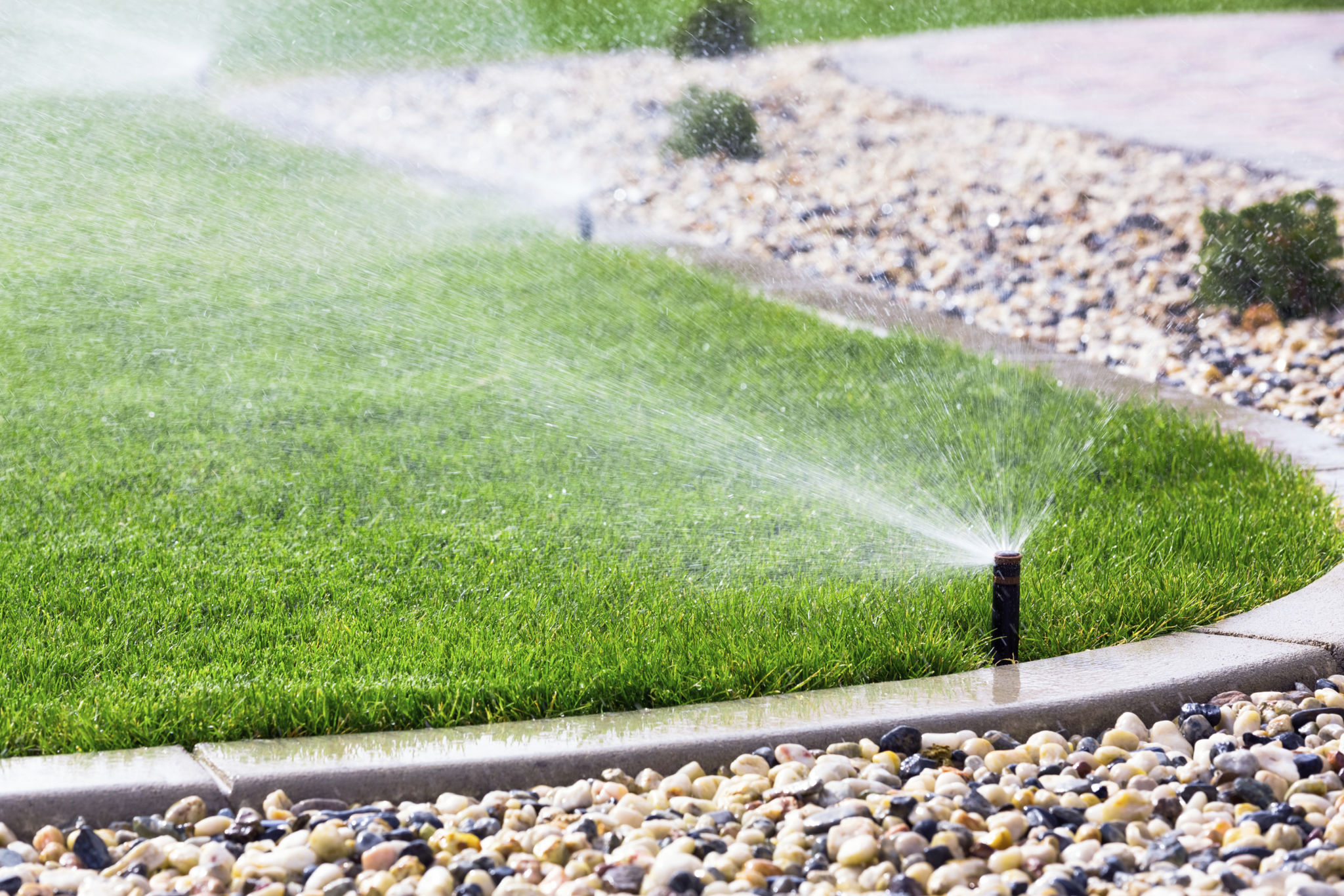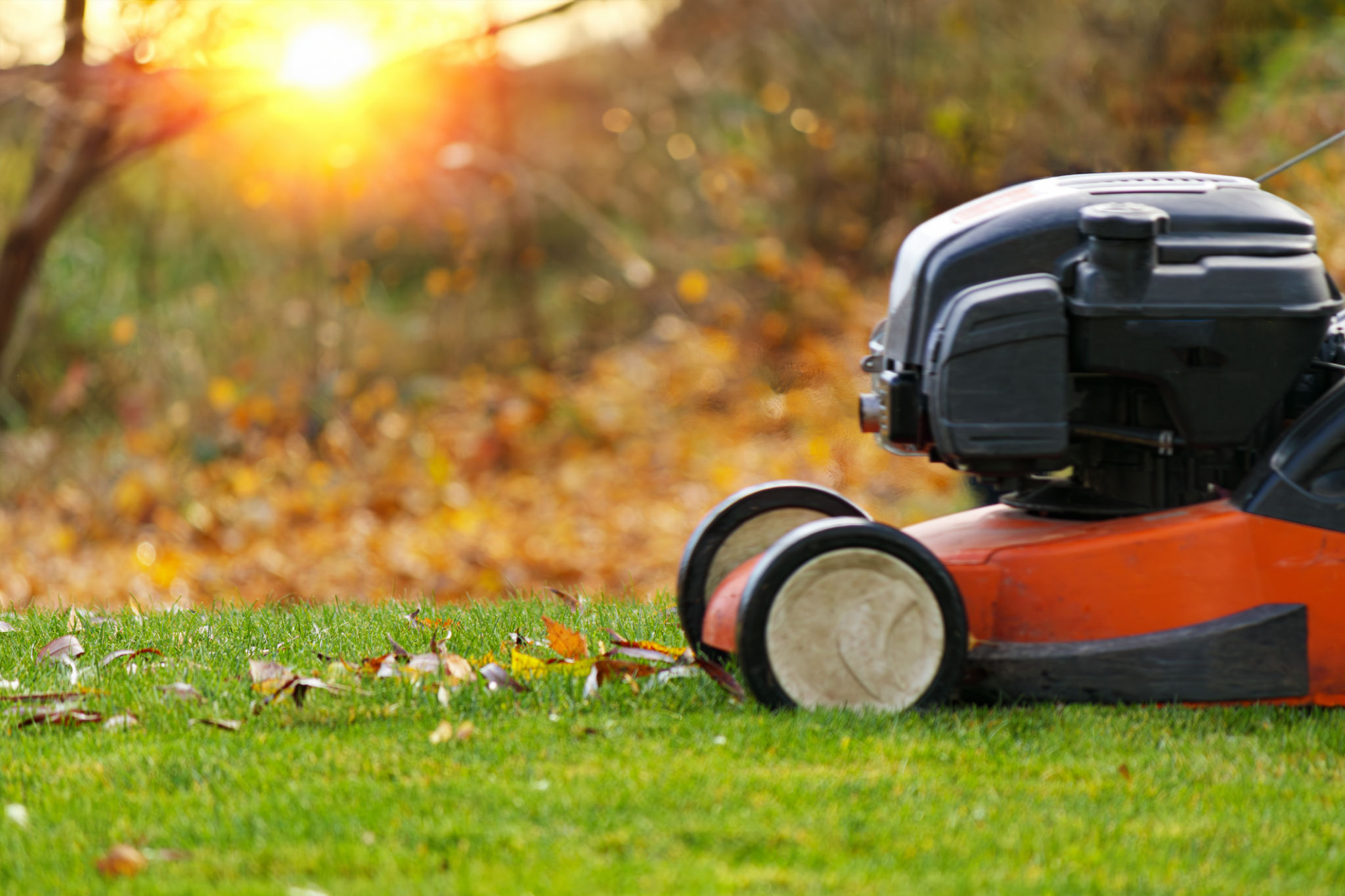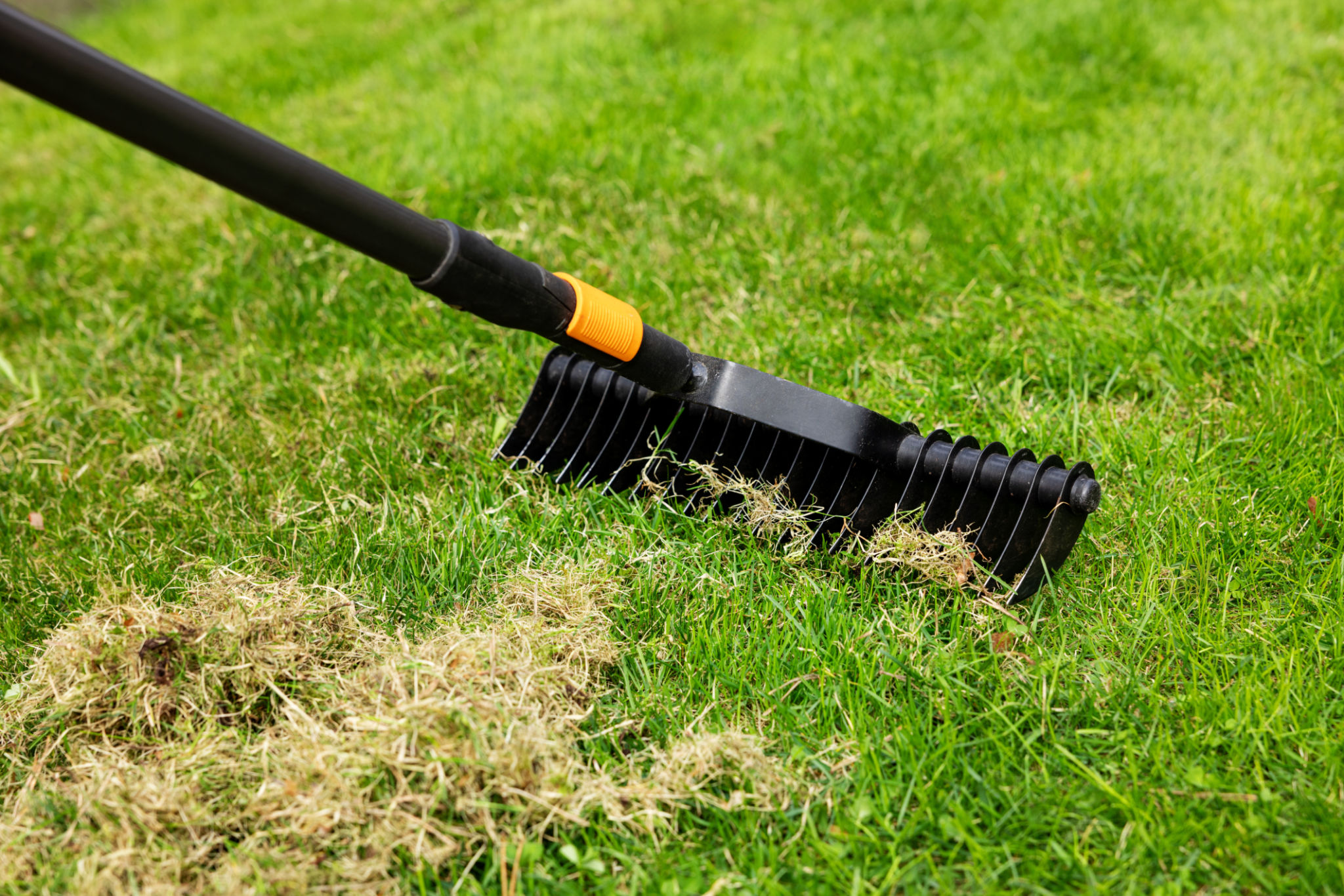Essential Lawn Care Tips for Essex County Homeowners
Understanding Your Soil
One of the first steps in achieving a lush and healthy lawn in Essex County is understanding the type of soil you have. The soil composition can significantly affect how well your grass grows. Conducting a simple soil test can help you determine the pH level and nutrient content. Most lawn grasses thrive in slightly acidic to neutral pH levels, typically between 6.0 and 7.0.
Once you know your soil's characteristics, you can tailor your fertilization and lime application to meet the specific needs of your lawn. This foundational step ensures that the grass can effectively absorb nutrients, leading to healthier growth.

Choosing the Right Grass Type
Essex County's climate plays a crucial role in determining which grass types will thrive in your yard. Cool-season grasses, such as Kentucky bluegrass and perennial ryegrass, are often recommended due to their resilience in the local climate. These varieties are known for their ability to withstand cold winters and warm summers.
When selecting grass seed, consider factors like sun exposure, water availability, and your lawn's intended use. Choosing the right type of grass ensures a robust and green lawn year-round, minimizing the need for constant maintenance.
Effective Watering Practices
Proper watering is essential for maintaining a healthy lawn. Overwatering or underwatering can lead to various issues, including root rot or drought stress. It's important to water deeply but infrequently, allowing the grassroots to grow deeper into the soil. Aim to provide about 1 to 1.5 inches of water per week, either from rainfall or supplemental watering.

Early morning is the best time to water your lawn because it reduces evaporation and allows the grass to dry before nightfall, preventing fungal diseases. Investing in a quality sprinkler system can help you manage watering efficiently.
Lawn Mowing Best Practices
Mowing your lawn correctly is another essential aspect of lawn care. Set your mower blades to the recommended height for your specific grass type. For most cool-season grasses, a height of about 2.5 to 3 inches is ideal. This height helps shade the soil, retain moisture, and prevent weed growth.
Regularly sharpen your mower blades to ensure a clean cut, which is less stressful for the grass. Additionally, avoid cutting more than one-third of the grass height at a time to maintain a healthy lawn.

Fertilization and Weed Control
Fertilizing your lawn provides essential nutrients that promote vigorous growth and a vibrant green color. It's important to use the right type of fertilizer at appropriate times throughout the year. A balanced fertilizer with equal parts nitrogen, phosphorus, and potassium is often suitable for most lawns in Essex County.
Weed control is equally important in maintaining a pristine lawn. Implement a pre-emergent weed control strategy in early spring to prevent weeds from germinating. For existing weeds, spot-treat with a suitable herbicide or consider manual removal if the infestation is minimal.
Aeration and Dethatching
Over time, lawns can become compacted, hindering water and nutrient absorption. Aeration involves perforating the soil with small holes to alleviate compaction and improve root development. The best time for aeration is during the growing season when the grass can heal quickly.

Dethatching is another crucial process that removes the layer of dead grass and debris that can smother healthy grass growth. Performing these tasks annually can significantly enhance your lawn's health and appearance.
Dealing with Pests
Pests such as grubs and chinch bugs can wreak havoc on your lawn if not addressed promptly. Regularly inspect your lawn for signs of pest activity, including brown patches or visible insects. Utilizing natural predators or organic pest control methods can be effective while minimizing environmental impact.
If an infestation becomes severe, consider consulting with a local lawn care professional who can recommend appropriate treatments tailored to Essex County's unique ecosystem.
Seasonal Lawn Care Tips
Each season brings its own set of challenges and tasks for lawn care enthusiasts. In spring, focus on cleaning up debris, reseeding bare patches, and applying pre-emergent weed control. Summer requires diligent watering and mowing adjustments to combat heat stress.

As fall approaches, prepare your lawn for winter by aerating, fertilizing with a slow-release formula, and removing fallen leaves. Winter is a time for rest but also planning for the coming growing season by maintaining equipment and preparing soil amendments.
By following these essential lawn care tips tailored for Essex County homeowners, you can enjoy a beautiful and thriving lawn throughout the year. Remember that consistency and attention to detail are key components in achieving success in lawn maintenance.
